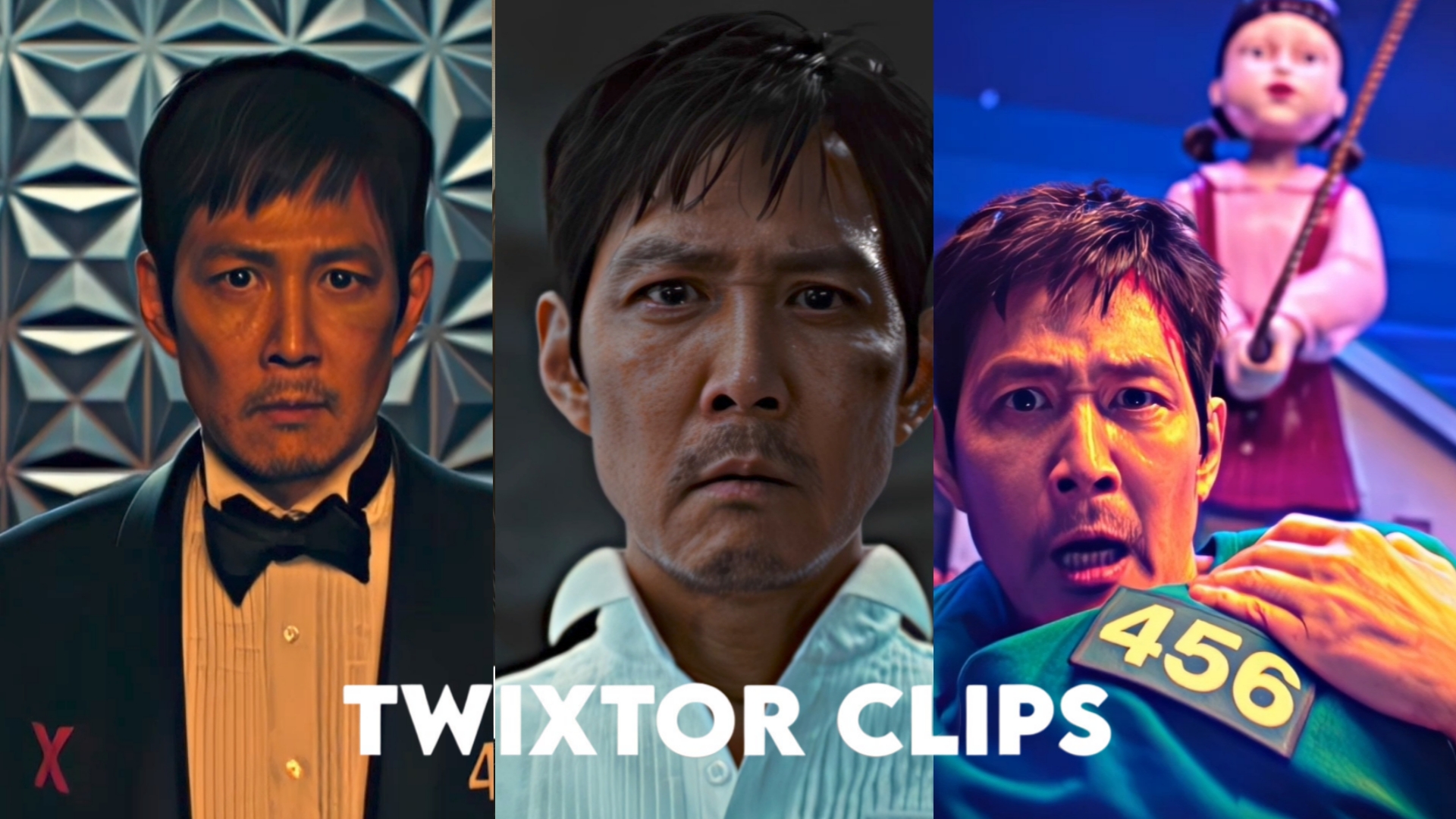♦ANIME WORLD TWIXTOR CLIPS♦
Download Movies Twixtor for Edits : https://moviestwixtor.com/movies-twixtor/
Download Series Twixtor For Edits : https://moviestwixtor.com/movies-clips/
Download Anime Twixtor for Edits : https://animeworldtwixtor.com/
Subscribe to Youtube Channel For More Clips & Twixtors : YOUTUBE
Text Me on Instagram To Request Twixtor / Clips / Promotion : RDJ EDITS / ANIMEWORLD
Seong Gi-hun Twixtor
Seong Gi-hun: A Character Study from Squid Game
Seong Gi-hun, also known as Player 456, is the central protagonist in Netflix’s 2021 breakout series Squid Game. Portrayed by South Korean actor Lee Jung-jae, Gi-hun’s journey is a poignant exploration of desperation, morality, and transformation. As a deeply flawed but sympathetic character, his arc reflects the harsh realities of economic inequality and the human cost of survival in a brutal system. Seong Gi-hun Twixtor Seong Gi-hun Twixtor Seong Gi-hun Twixtor Seong Gi-hun Twixtor Seong Gi-hun Twixtor v Seong Gi-hun Twixtor
At the beginning of the series, Gi-hun is introduced as a middle-aged man struggling with financial ruin. He is divorced, lives with his elderly mother, and is largely estranged from his young daughter. His once-promising life has spiraled downward due to poor financial decisions, gambling addiction, and a general lack of responsibility. Despite these flaws, Gi-hun is portrayed as fundamentally kind-hearted, albeit naive. His love for his daughter remains one of the few stable elements in his otherwise chaotic life.
The story begins when Gi-hun is recruited to participate in a mysterious and deadly game that promises a massive cash prize. With 456 participants, all of whom are drowning in debt or facing dire circumstances, the games test not only physical endurance but also psychological and moral strength. Gi-hun accepts the offer, driven by desperation and the hope of reclaiming his life.
Throughout the series, Gi-hun navigates six deadly games that are based on Korean children’s games. What sets him apart from many other contestants is his consistent empathy. While others quickly devolve into ruthless competitors willing to betray or kill to survive, Gi-hun often risks his life to help others. A notable example is his bond with Player 001, an elderly man named Oh Il-nam. Believing Il-nam to be a helpless and kind figure, Gi-hun forms a genuine friendship with him, even giving up his advantage in one of the games to ensure Il-nam’s safety. This decision later reveals deeper implications about trust and manipulation.
Gi-hun’s compassion extends to other players as well, including Ali, a migrant worker from Pakistan, and Kang Sae-byeok, a North Korean defector. His sense of morality clashes frequently with the brutal nature of the games, leading him to question the value of survival if it means losing his humanity. Despite being surrounded by betrayal and death, Gi-hun attempts to maintain a sense of dignity and fairness, even when it places him at a disadvantage.
The final episodes of Squid Game mark a turning point for Gi-hun. After surviving all six games and winning the prize money, he returns to the outside world, only to find that the trauma he experienced has changed him irreversibly. The vast wealth he now possesses feels hollow in the face of all he has lost—friends, innocence, and peace of mind. He becomes withdrawn, disillusioned by both the games and the society that allowed such cruelty to exist unchecked.
Eventually, Gi-hun learns that Oh Il-nam, the man he trusted most in the games, was actually the mastermind behind the entire operation. This revelation deepens his emotional conflict, forcing him to grapple with betrayal and the perverse logic that power and wealth justify inhumane actions. Rather than using the prize money to pursue personal happiness, Gi-hun chooses a different path. In the closing moments of the series, he sets out to confront the people behind the games, suggesting a new purpose beyond survival: justice.
Gi-hun’s journey in Squid Game is not just about one man surviving a deadly competition; it’s about the cost of retaining one’s humanity in an inhumane world. His story reflects broader themes of inequality, exploitation, and moral resilience. Through his eyes, viewers are forced to confront uncomfortable questions: What would you do to survive? What does it mean to be a good person when everything is on the line? In a series filled with shocking moments and high stakes, it is Gi-hun’s emotional evolution that ultimately gives Squid Game its heart.



